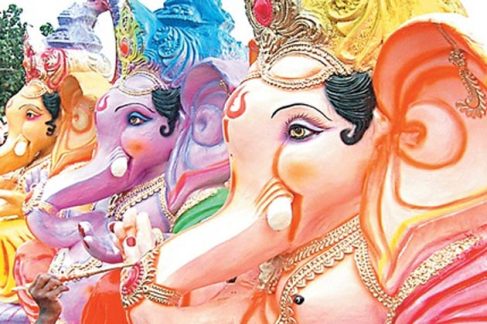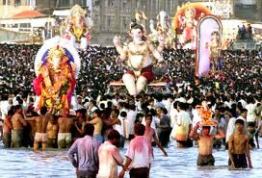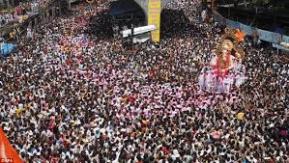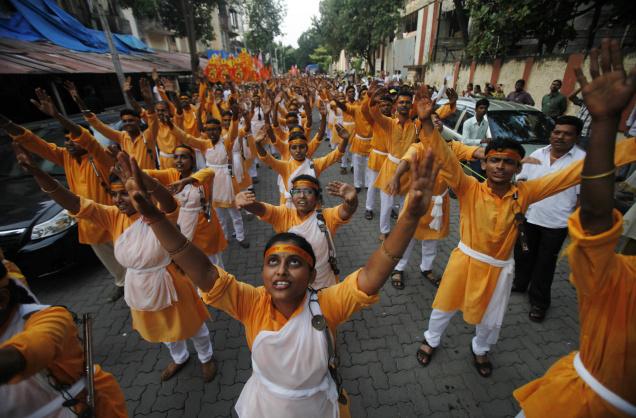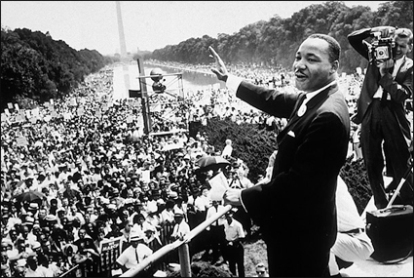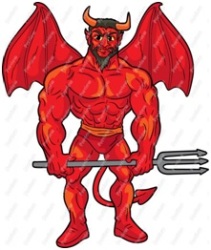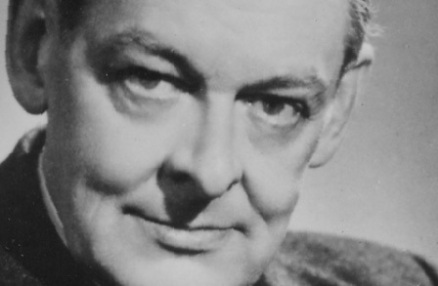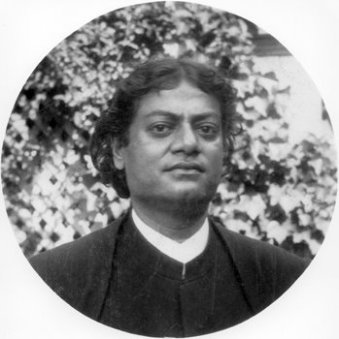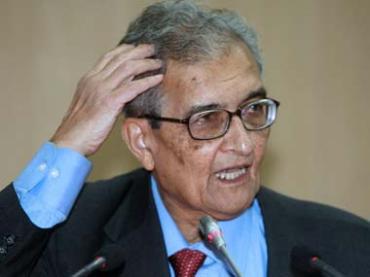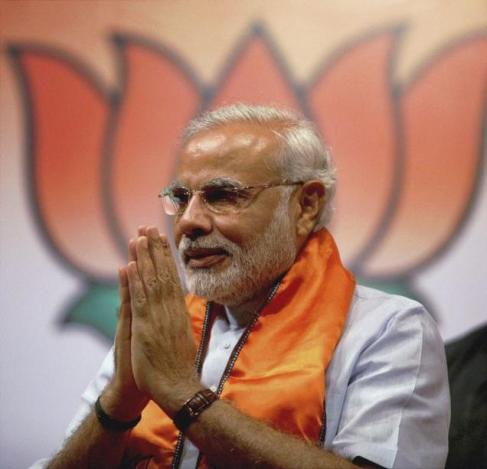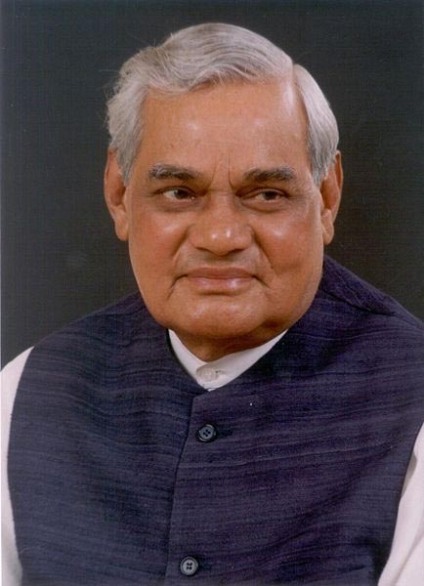I
had written a poem on time some time back. I repeat some of the lines
of the poems to my students to find the message deserving careful
consideration. The same lines are repeated:
Value of time is often little known:
For time’s inherent wealth scanty respect is shown.
Any other possession if you happen to lose
you can hope to get it back If you choose.
Wealth of time will never return
Simple lesson though many of us don’t ever learn.
Every moment of time you must use
to achieve anything, you may choose.
In the changing environment I think Time and its proper use have become critical. Fat salaries for corporate CEO’s require harsher targets for the team to achieve. Undoubtedly, this creates great pressure on him. He tends to lose the simple joys of life like quiet reflection in the morning besides yoga or exercise, spending quality time with his family and pursuing at least one hobby seriously that he loves the most.
The good thing for the CEO is that today he/she cannot be fooled by just sweet words or clever flattery. Performance appraisal is based on the real time strategic figures which are computed instantly.

Therefore it is necessary for each one of us to do the following:
Just give it a serious thought and try to make best use of your time which never comes back. You must spend some quality time with your family.

Value of time is often little known:
For time’s inherent wealth scanty respect is shown.
Any other possession if you happen to lose
you can hope to get it back If you choose.
Wealth of time will never return
Simple lesson though many of us don’t ever learn.
Every moment of time you must use
to achieve anything, you may choose.
In the changing environment I think Time and its proper use have become critical. Fat salaries for corporate CEO’s require harsher targets for the team to achieve. Undoubtedly, this creates great pressure on him. He tends to lose the simple joys of life like quiet reflection in the morning besides yoga or exercise, spending quality time with his family and pursuing at least one hobby seriously that he loves the most.
The good thing for the CEO is that today he/she cannot be fooled by just sweet words or clever flattery. Performance appraisal is based on the real time strategic figures which are computed instantly.

Therefore it is necessary for each one of us to do the following:
- Prepare the time log
- Work out our priorities each day
- Use time planners
- Think positively and always put our plan into action.
- Each day the tasks can be categorized as under:
- Group 1: Routine tasks
- Group 2: Ongoing projects
- Group 3: Planning and development
Just give it a serious thought and try to make best use of your time which never comes back. You must spend some quality time with your family.


